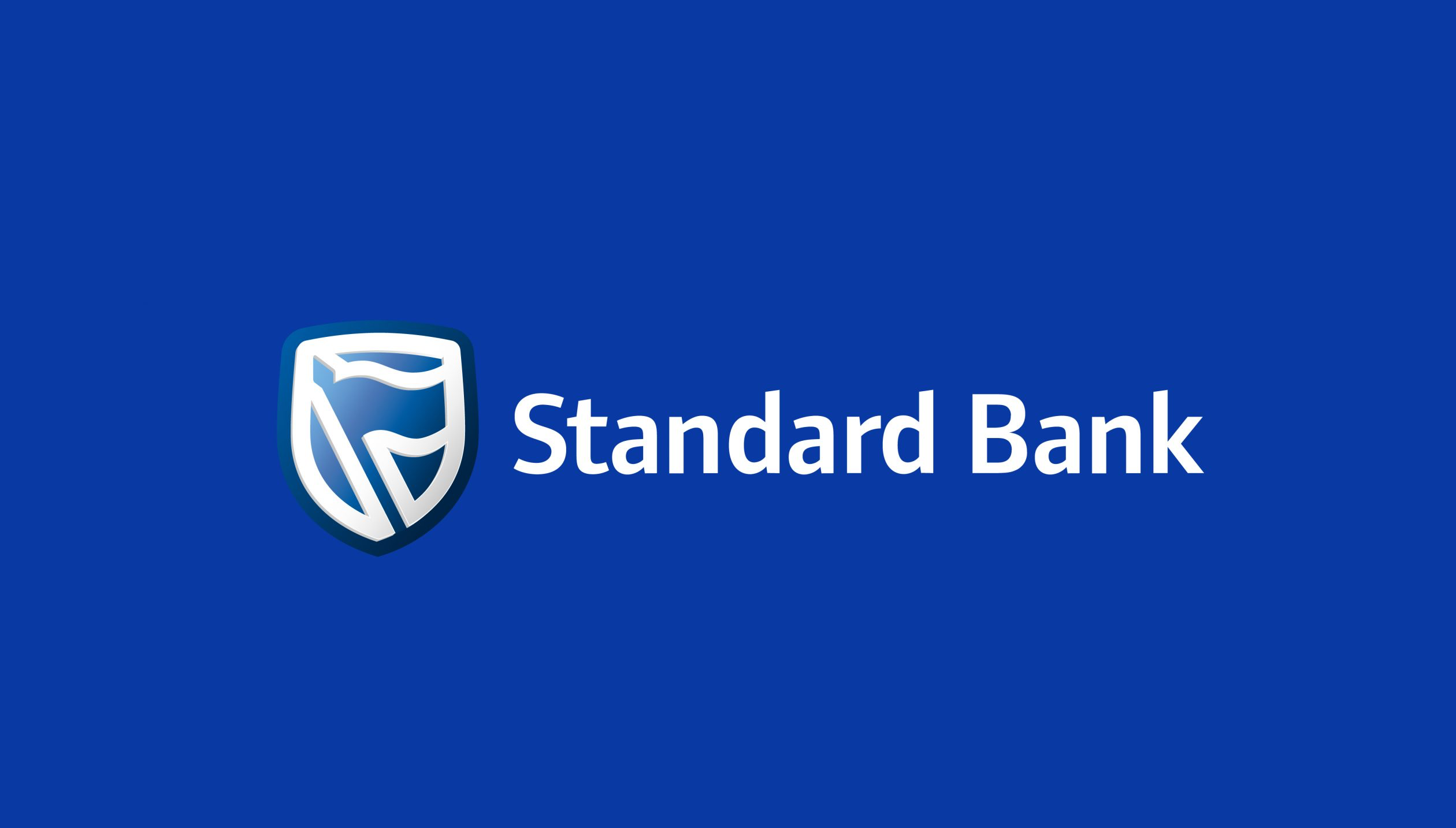Standard Bank is the latest financial institution to release results for the year to December 2021. The trend in the sector has been one of recovery after 2020 was severely impacted by Covid.
The blue bank is no different, with a rebound in headline earnings of 57% to R25 billion. Return on equity jumped sharply from 8.9% to 13.5%, a level that supports a valuation above net asset value (NAV).
Speaking of NAV per share, that increased by 13% to R124.93 per share. Friday’s closing price of R160.33 represents a 28% premium to NAV per share.
Although revenue for the year was only up 5%, there was double-digit growth in the second half of the year. Revenue growth was ahead of cost growth, resulting in positive JAWS (the difference between the two) of 54 basis points.
Further down the income statement, credit impairment charges dropped by 52%, something to be expected after the horrors of 2020. Importantly, they are still higher than pre-pandemic levels.
It’s worth highlighting that Standard Bank Group is the third largest asset manager in Africa. The investment business grew headline earnings by 11% in 2021.
The South African banking business saw headline earnings jump by 172% and return on equity recover to 12.5%. JAWS was 198 basis points in a year of strong revenue recovery.
In other African regions (contributing 36% of group headline earnings), currency movements resulted in a muted performance in reporting currency. Headline earnings declined by 2% as reported and increased 6% in constant currency. Return on Equity at 18.2% is still very impressive.
Prospects for 2022 are encouraging from a banking perspective, with interest rate hikes expected in the markets in which Standard Bank operates. This helps drive endowment income for banks, something that has suffered during an environment of extremely low interest rates during the pandemic.
In South Africa, Standard Bank expects three more 25 basis point increases over the course of the year.
In line with other macroeconomic commentary I’ve seen (as well as common sense), the conflict in Ukraine is a risk to further rate hikes i.e. may result in fewer hikes than the market was expecting. Standard Bank luckily has limited direct exposure to Russia and Ukraine, but ICBC does have exposure to emerging markets and commodities businesses that are being impacted.
Non-interest revenue will be driven by activity-related fees (e.g. loan origination fees) that will hopefully more than offset an expected decrease in trading revenues year-on-year.
With a continued focus on costs, the bank hopes to deliver another positive JAWS result. Credit impairments are expected to normalise, with a credit loss ratio at the lower end of the through-the-cycle range of 70 to 100 basis points.
Shareholders should note that the acquisition of Liberty Holdings minorities was completed recently and Liberty delisted on 1 March. Integrating these businesses will be a priority. Between Liberty and Standard Bank, there is over R1.3 trillion in assets under management and R73 billion in gross written premium across the short-term and long-term businesses.
Headline earnings per share (HEPS) was R15.73 and the dividend per ordinary share is R8.71. This is a trailing yield of 5.4% on Friday’s closing price. The final dividend of R5.11 per share will be paid in April.




